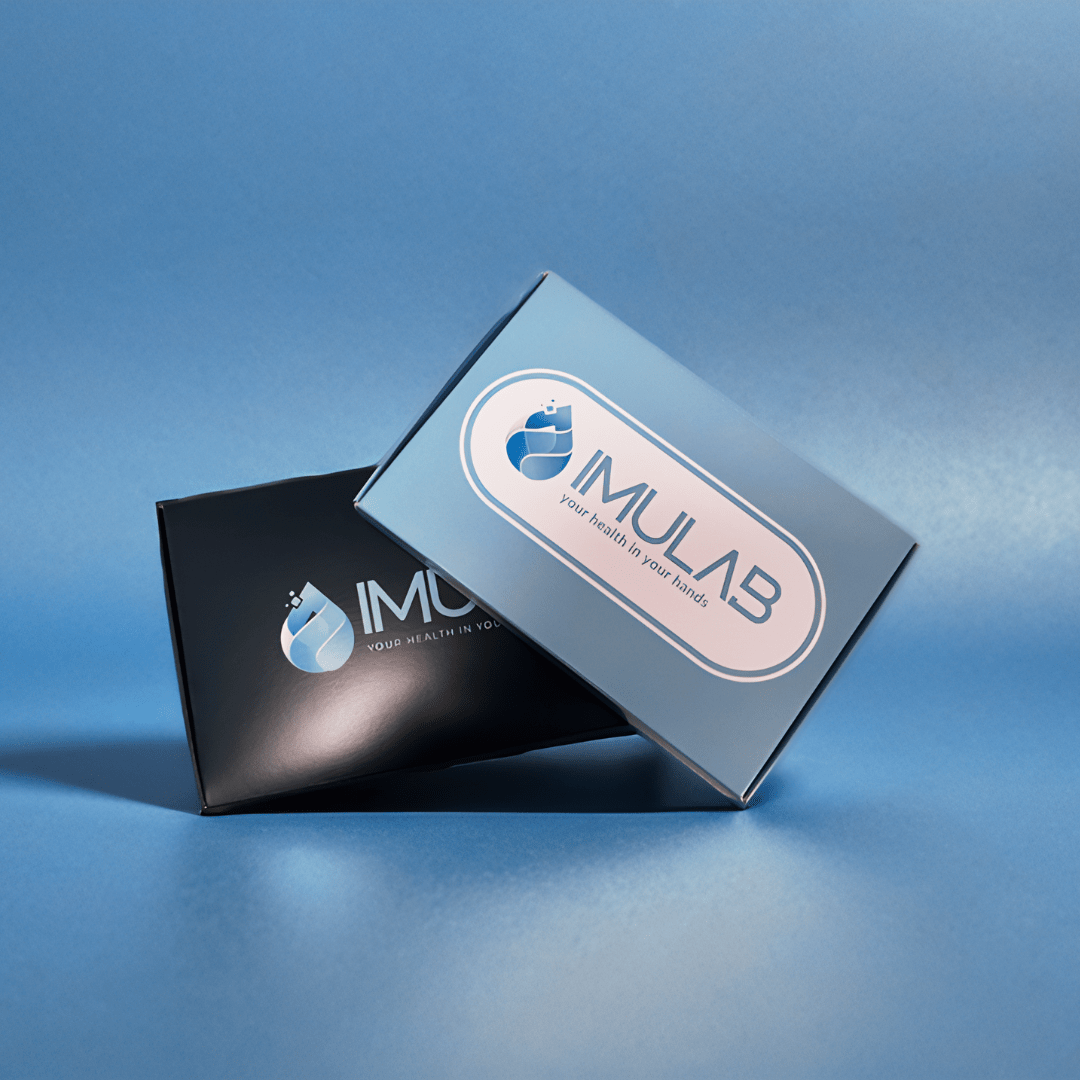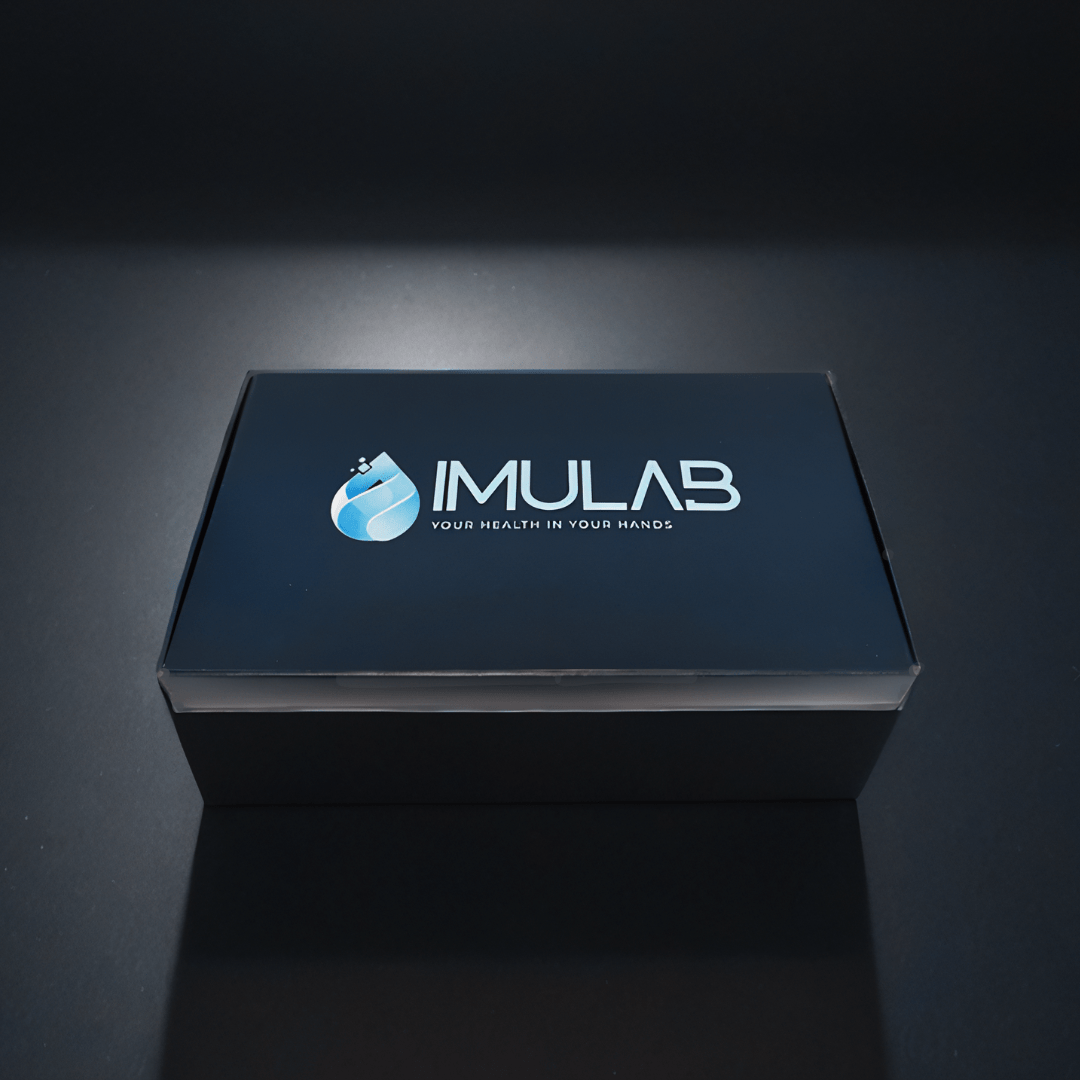IMULAB
Fertility check - Day 3 (in-clinic)
Fertility check - Day 3 (in-clinic)
How do you want to take your sample?
Please choose one option below-
Phlebotomy +£30.00
Venous blood collection with IMULAB Phlebotomist.
Couldn't load pickup availability
✅ Results expected within 2 working days
At-home Day 3 Fertility Blood Test.
This test can give you valuable insights into your reproductive hormones and ovarian reserve. By measuring the levels of follicle-stimulating hormone (FSH), luteinizing hormone (LH) and estradiol, in your blood on day 3 of your menstrual cycle
This test is suitable for a finger prick sample at home, with our partner clinics at Superdrug across the UK. Alternatively, you can choose to have one of our nurses or your own healthcare professional take your venous sample in the comfort of your own home. Results are normally available within 2 working days from receipt of your sample at our laboratory and delivered directly to you through our secure online patient portal.


What's included in this test?
Hormones
FSH
Oestradiol
Oestradiol is a steroid hormone that is primarily produced in the ovaries of women and to a lesser extent in the testes of men. It is one of three types of estrogen and has important functions in regulating the female reproductive system, as well as promoting breast tissue growth and maintaining bone density. Oestradiol levels naturally fluctuate throughout the menstrual cycle, peaking at ovulation in pre-menopausal women. As women age, their oestradiol levels decrease and eventually stop altogether with menopause. Low levels of oestradiol can lead to symptoms commonly associated with menopause such as hot flushes, night sweats, and mood swings. Additionally, low levels of oestradiol can increase the risk of developing osteoporosis.
LH
Luteinising Hormone (LH) is a hormone produced by the pituitary gland that plays a crucial role in male and female fertility. In females, LH levels increase sharply around the middle of the menstrual cycle, causing ovulation to occur. It is also responsible for the formation of the corpus luteum, which produces progesterone to prepare the uterus for pregnancy. In males, LH stimulates the production of testosterone in the Leydig cells of the testes, which is essential for the development of male reproductive organs and secondary sexual characteristics.
Sampling special instructions
Prepare for your Day 3 Fertility Blood Test by following the instructions contained within your kit. It is also ideal to schedule the test to be taken two to five days after the start of your period, specifically on day three. In case you do not have regular menstrual cycles, the test can be conducted at any time. It is important to note that hormonal contraception can impact the accuracy of the test results. For more reliable readings, it is recommended to temporarily discontinue hormonal contraception and use barrier contraception instead.
If you use hormone gels, pessaries, patches, or tablets, selecting a venous sample for the test is strongly advised to minimise the potential for contamination that can occur with finger-prick tests. In the event that hormone supplements are administered, ensure that gloves are used, and make sure your fingers have not been in contact with hormone supplements for at least four weeks prior to the test. Keep in mind that hormones can be absorbed deeply into the skin, even with minimal contact, and can persist for weeks despite thorough handwashing. Refrain from taking biotin supplements for at least two days prior to the test, and consult your doctor if you have been prescribed biotin. By following these instructions, you can ensure accurate and reliable results for your Day 3 Fertility Blood Test.


